Take Better Photos - A Series of Tips For Aspiring Digital Photogs (Part 1)
Whether you're using your cellphone's built in camera, a portable point & shoot, or a high end SLR, if you're just getting into photography, following these simple tips will help improve your images (and your pride in them) exponentially. Just keep this list in mind, if you don't already know any of these rapid-fire tips, and you'll be earning the big bucks on #photography in no time!
1) Set your resolution to the maximum your device can record
- Turn off compression and use RAW if it's an option
- Flash storage is cheap. I mean cheeeeeap so don't be stingy with it!
- Your imager was designed to take photos at the maximal possible resolution, by setting it to use a smaller image-size, you're wasting the efforts of hard-working engineers!
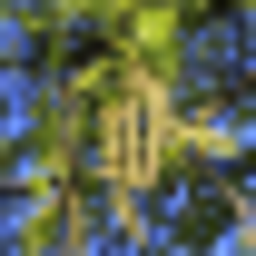
(What is this photo supposed to be? Maybe we'd know if they hadn't used such a low resolution!)
2) Avoid blurriness - specifically through camera shake
- If available, use a tripod or monopod
- If not, place your camera on a hard surface and hold it down with one hand while taking a photo
- Turn on image stabilization
- Set a maximum shutter-speed, i.e., exposure time, if possible, such as 1/30th of a second (more on this in a follow up post)
- Use a higher ISO if necessary (though this will add graininess and loss of depth)
- Newer high end cameras are good at high ISO low noise images though. Isn't technological advancement swell?
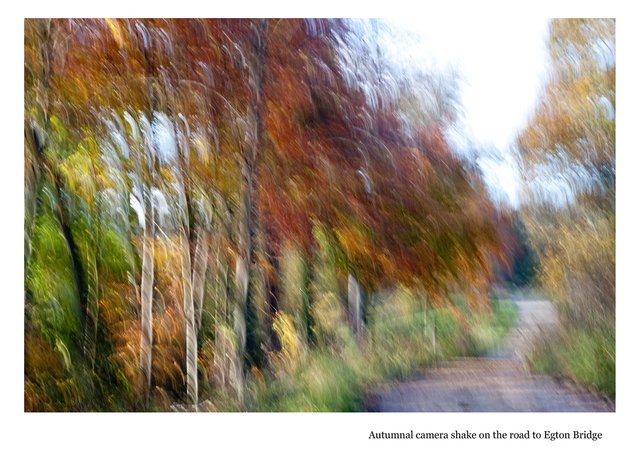
Image source: https://www.flickr.com/photos/deargdoom57/6322890109
(Okay, it actually works for this photo, but we can't all spin our shaky-hands into decent photos with god-tier camera control)
3) Always use the flash - even in broad daylight
- This tip is more of my personal opinion than a hard rule, though
- I plan to devote a whole post to using flash, but this article assumes you are just using your device's built-in "fill-flash"
- Some may argue that using flash can decrease the amount of depth to a photo, but I prefer a flatter photo to an underexposed face, in the case of a portrait where that's the whole point!
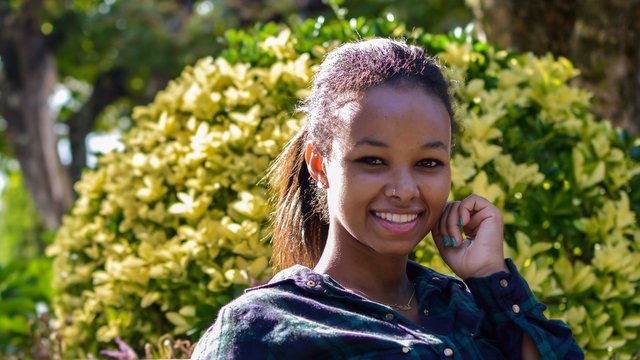
(Again, this isn't a particularly bad photo, but I don't personally like the shadow over a large portion of the subject's face)
4) As a follow-up, make sure the sun isn't in the frame!
- It will completely wash out your subject, even in the presence of bright flash
- This rule also applies to artificial light sources, and extremely bright reflections
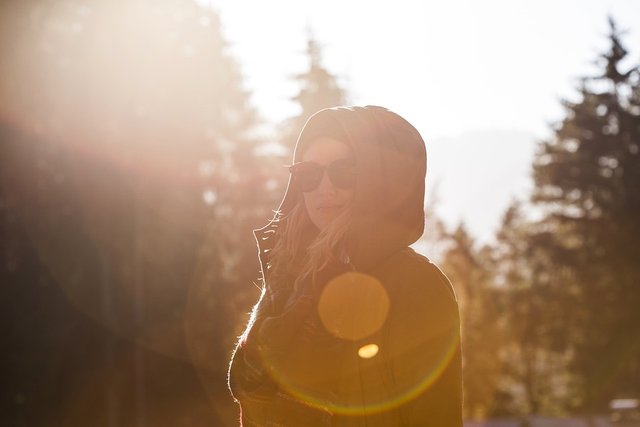
(This is more of an intended lens-flare effect than a bad sun-framing-joby, but still I personally dislike it and feel it illustrates my point)
And that's it! Now you're ready to go out there and take photos people won't have to look at with patronizing disapproval. If there's interest, I plan to extend this series with tips on composition, manual photography settings, how to use more advanced equipment (with a focus on external flashes), and how to create cool effects (with the camera directly, and through post-processing), and whatever else strikes my fancy.
Disclaimer: This is an original SteemIt post. All photos were provided either with no attribution necessary, or attribution is given beneath the picture.
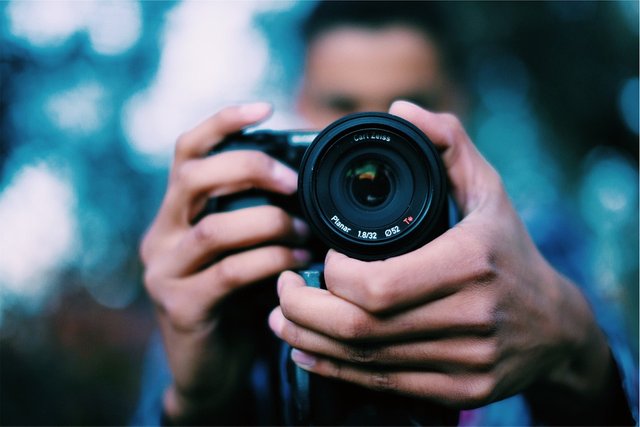

Hi, i really hate the flash and i don't use it at all, even for night pictures. I prefer to use a fast lens and steady grip.
yeah me too, actually I never been satisfied by the result when using the flash (especially the built in one)
Sure, ideally you wouldn't ever need to use flash. I think with the face recognition built into cameras these days, it's much easier to meter properly to take a photo of a person standing in front of a bright scene. Nevertheless, it can be hard to get perfect exposure of your subject and background without the use of any flash in all circumstances.
RAW
While Raw can be beneficial, it's not something I'd suggest for a novice shooter without a good understanding of post processing. To that point as well #3 should be taken with a grain of salt, as advising to always use flash, isn't the best advice, and should only be used when it benefits the subject matter.
All very useful tips! I give thanks for your efforts!
I wonder if you have your own youtube series :) Like to see this in video cause it's really neat. Got a fuji film x-10
Thanks. I hadn't blogged before Steemit, but I will consider making youtube videos in the future. That would make it easier to illustrate some of my points. Cool camera, looks very retro!
Great tutorial . I upvoted you. Please consider upvoting my post.
https://steemit.com/recipes/@letritbt/nutty-spread-veggie-pasta-salad
great post. I am surprised how much having intended lens-flare has became popular. I upvoted you. Please consider upvoting my post. https://steemit.com/steemit/@brianphobos/an-olympian-needs-our-help-steemit-please-read-this-if-you-have-ever-been-passionate-about-something
Good tutorial ! check my photos !: https://steemit.com/photography/@sgdias/beauties-from-south-america-part-1
Awesome tutorial. Can't wait for the guide on composition, something I always struggle with.
Good post
Shooting raw doesn't really increase the resolution, the reason one wants to shoot raw is to be able to do post-processing. If you're always satisfied by the photo which comes out of your camera and the in-camera post-processing there is no reason to shoot raw actually, jpeg is good enough. Actually most people will probably have better photos in jpeg as the raw file always require post processing.
Good point. I oversimplified things on that tip a little too much. It used to be the case that JPEG would add compression artifacts, but I imagine it's improved considerably since then.